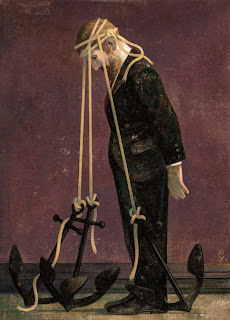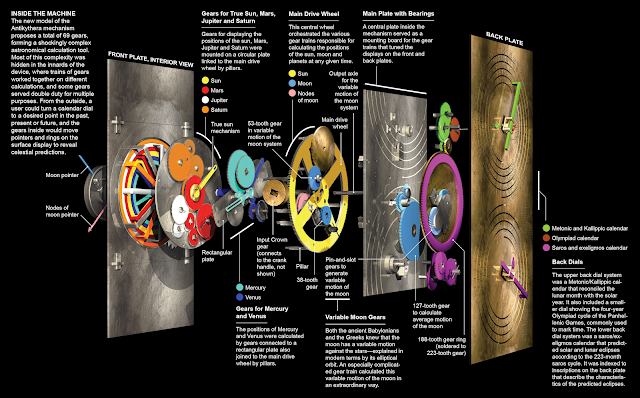Facts don’t change our Minds. Friendship does.
The way to change people’s minds is to become friends with them, to integrate them into your tribe, to bring them into your circle. Now, they can change their beliefs without the risk of being abandoned socially.
The British philosopher Alain de Botton suggests that we simply share meals with those who disagree with us:
“Sitting down at a table with a group of strangers has the incomparable and odd benefit of making it a little more difficult to hate them with impunity. Prejudice and ethnic strife feed off abstraction. However, the proximity required by a meal – something about handing dishes around, unfurling napkins at the same moment, even asking a stranger to pass the salt – disrupts our ability to cling to the belief that the outsiders who wear unusual clothes and speak in distinctive accents deserve to be sent home or assaulted. For all the large-scale political solutions which have been proposed to salve ethnic conflict, there are few more effective ways to promote tolerance between suspicious neighbours than to force them to eat supper together.”
Haruki Murakami (or maybe Kazuki Yamada?) once wrote,
“Always remember that to argue, and win, is to break down the reality of the person you are arguing against. It is painful to lose your reality, so be kind, even if you are right.”
When we are in the moment, we can easily forget that the goal is to connect with the other side, collaborate with them, befriend them, and integrate them into our tribe. We are so caught up in winning that we forget about connecting. It's easy to spend your energy labeling people rather than working with them.
The word “kind” originated from the word “kin.” When you are kind to someone it means you are treating them like family. This, I think, is a good method for actually changing someone's mind. Develop a friendship. Share a meal. Gift a book.
Be kind first, be right later.
Original Source:
https://jamesclear.com/why-facts-dont-change-minds
Illustration by Gérard DuBois
Also worth reading:
https://www.newyorker.com/magazine/2017/02/27/why-facts-dont-change-our-minds



Comments
Post a Comment